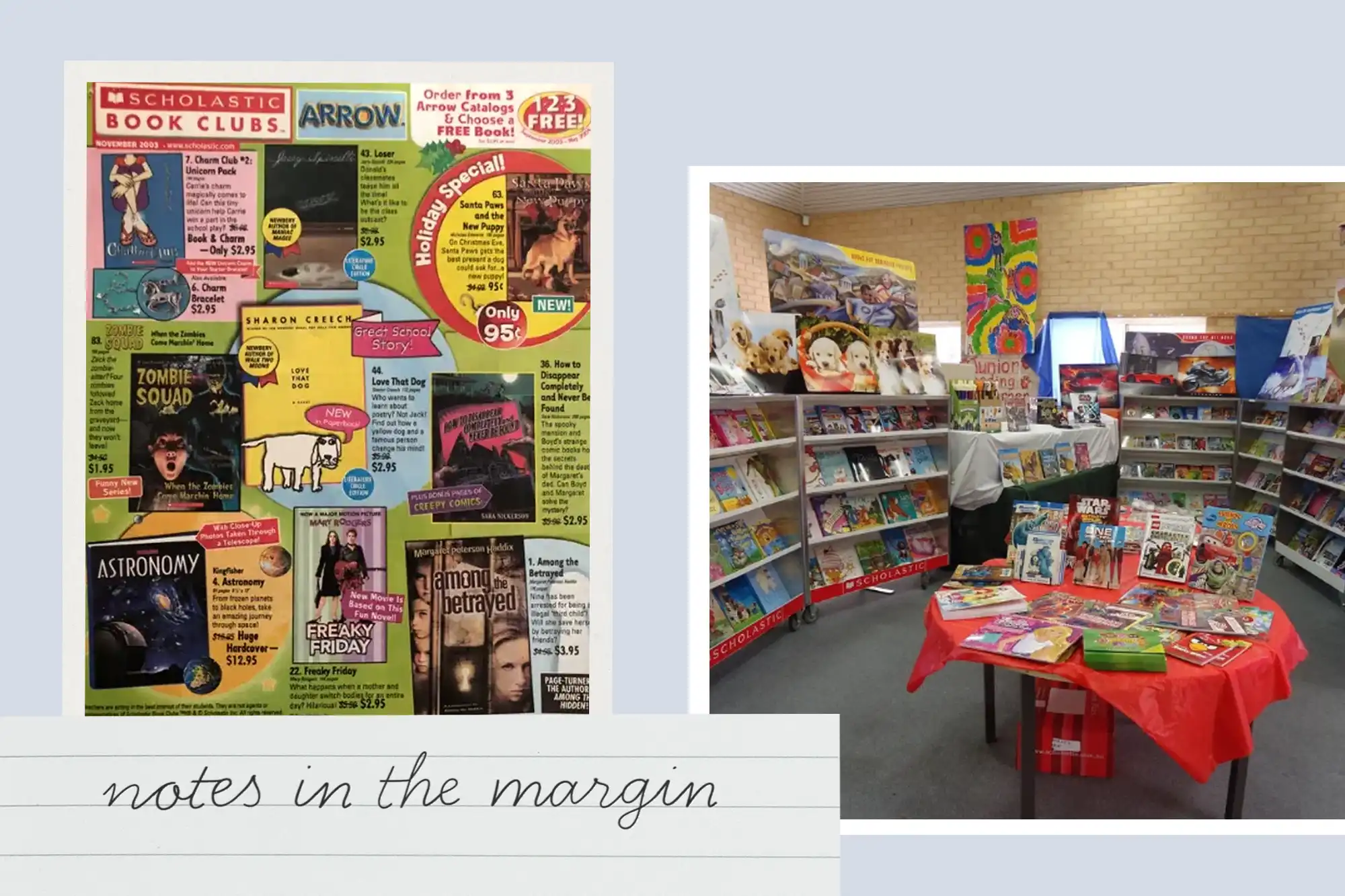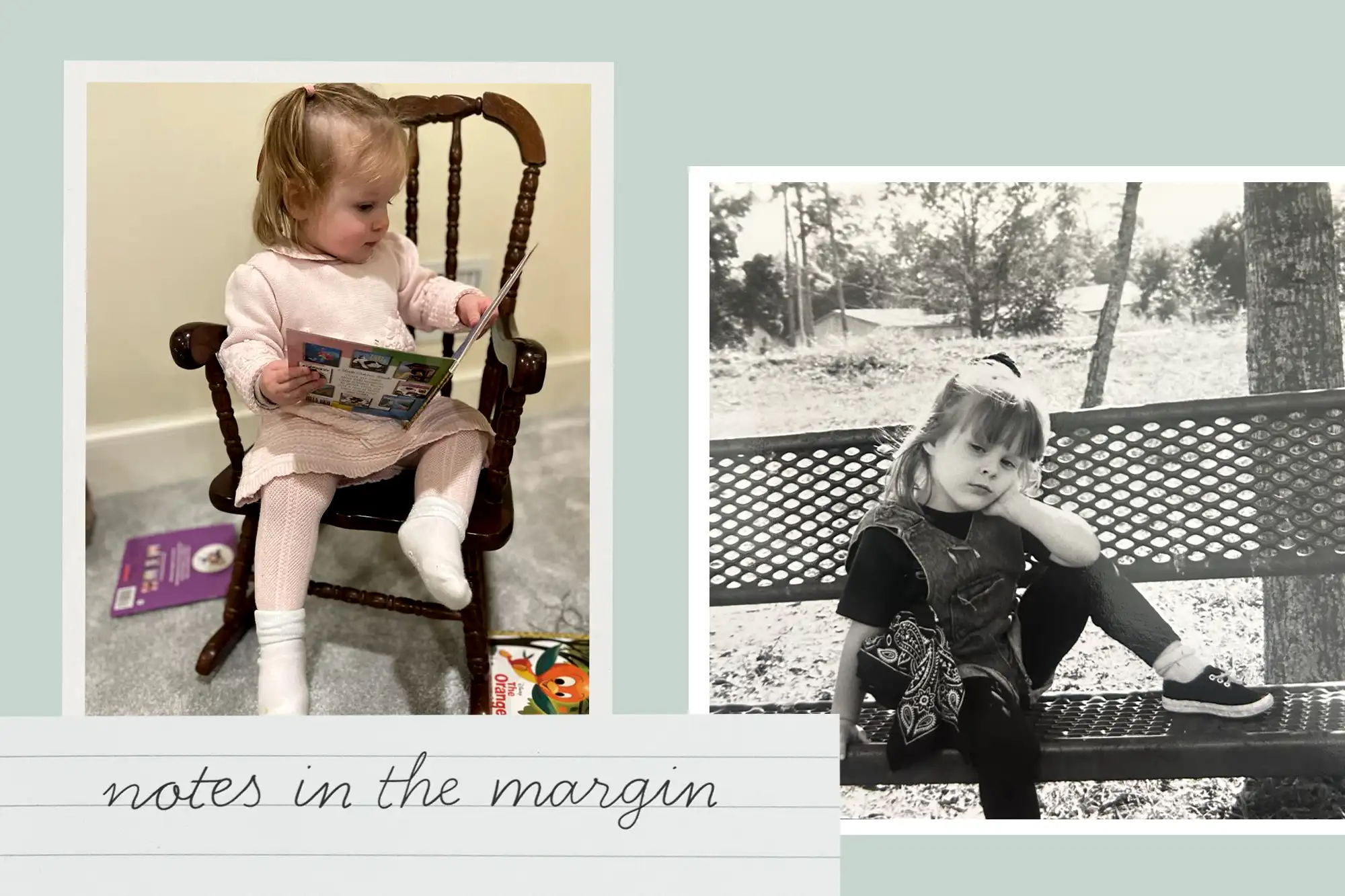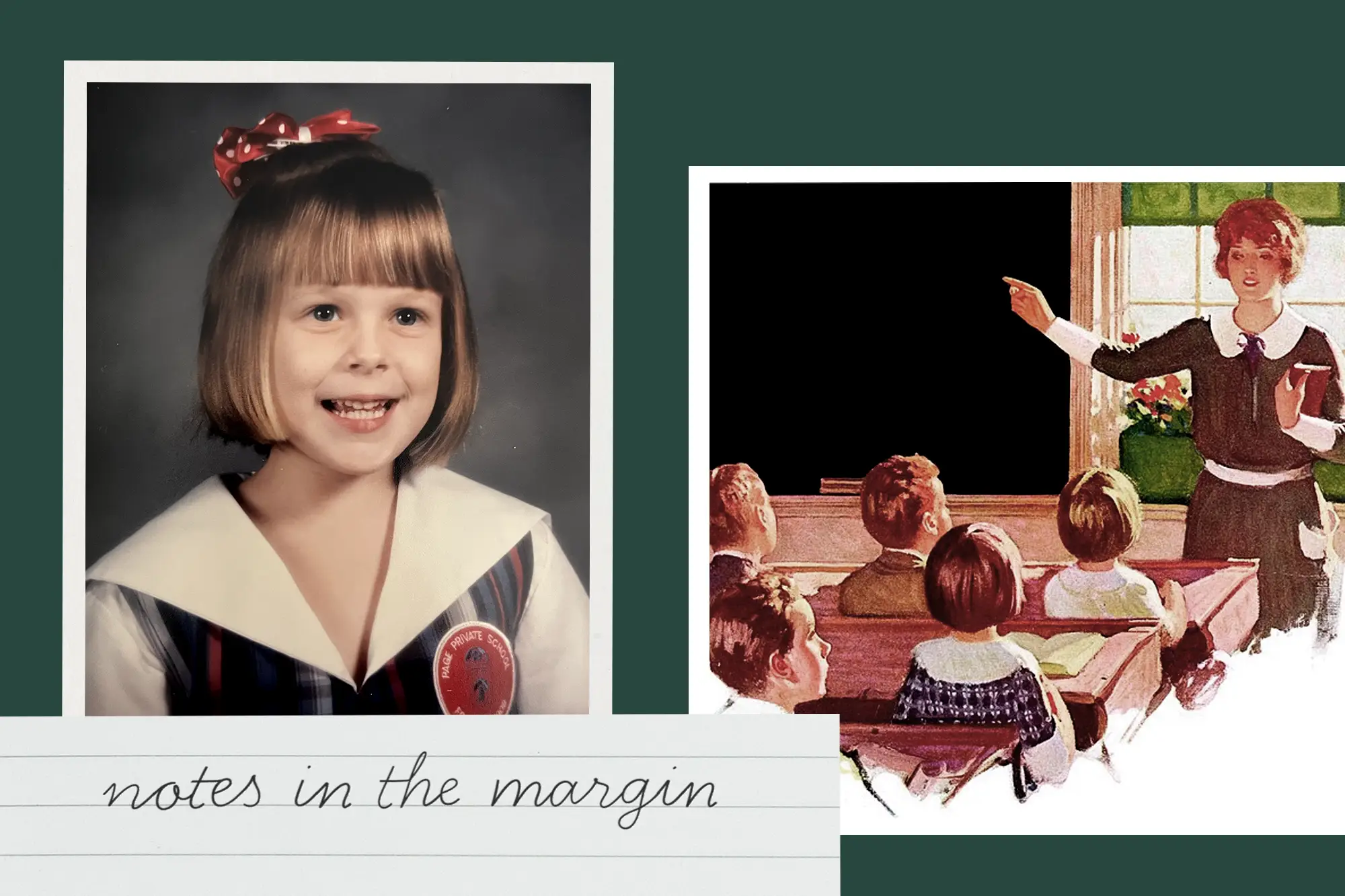Who remembers The Magic Tree House? Or Beverly Cleary? Or the thrill of snagging the latest Goosebumps paperback? And of course—who remembers the Scholastic Book Fair?
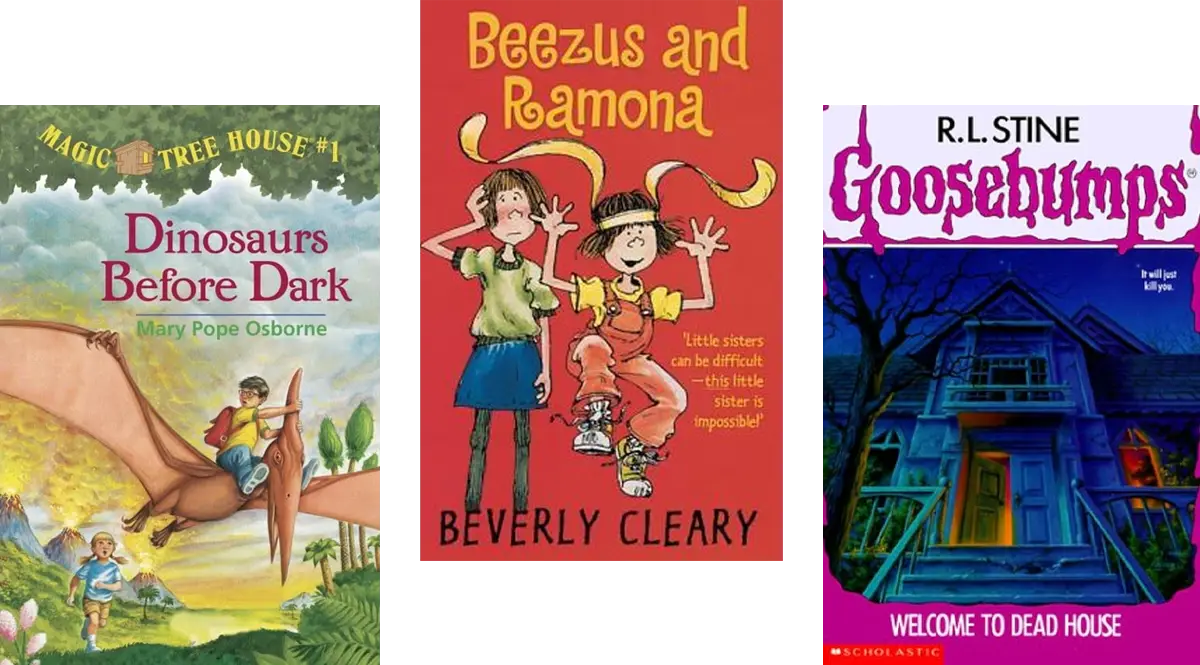
For me, the book fair was a mix of pure excitement and quiet anxiety. I loved when the little paper catalogues were dropped onto our desks, filled with glossy images of stories just waiting to be discovered. I’d circle titles, dream about which ones I’d get to take home, and imagine the stack of books by my bed that would keep me company late into the night.
But I also remember the knot in my stomach on the actual day of ordering. Would I have the signed slip? Would the check make it into my backpack? My parents both worked long hours, and in the chaos of everyday life, the book fair wasn’t always top of mind. It wasn’t that we couldn’t afford the books—it was that sometimes the envelope was forgotten, the date missed, or the permission slip buried under the avalanche of school papers. And then came the heartbreak: when the new books arrived and my name wasn’t called.
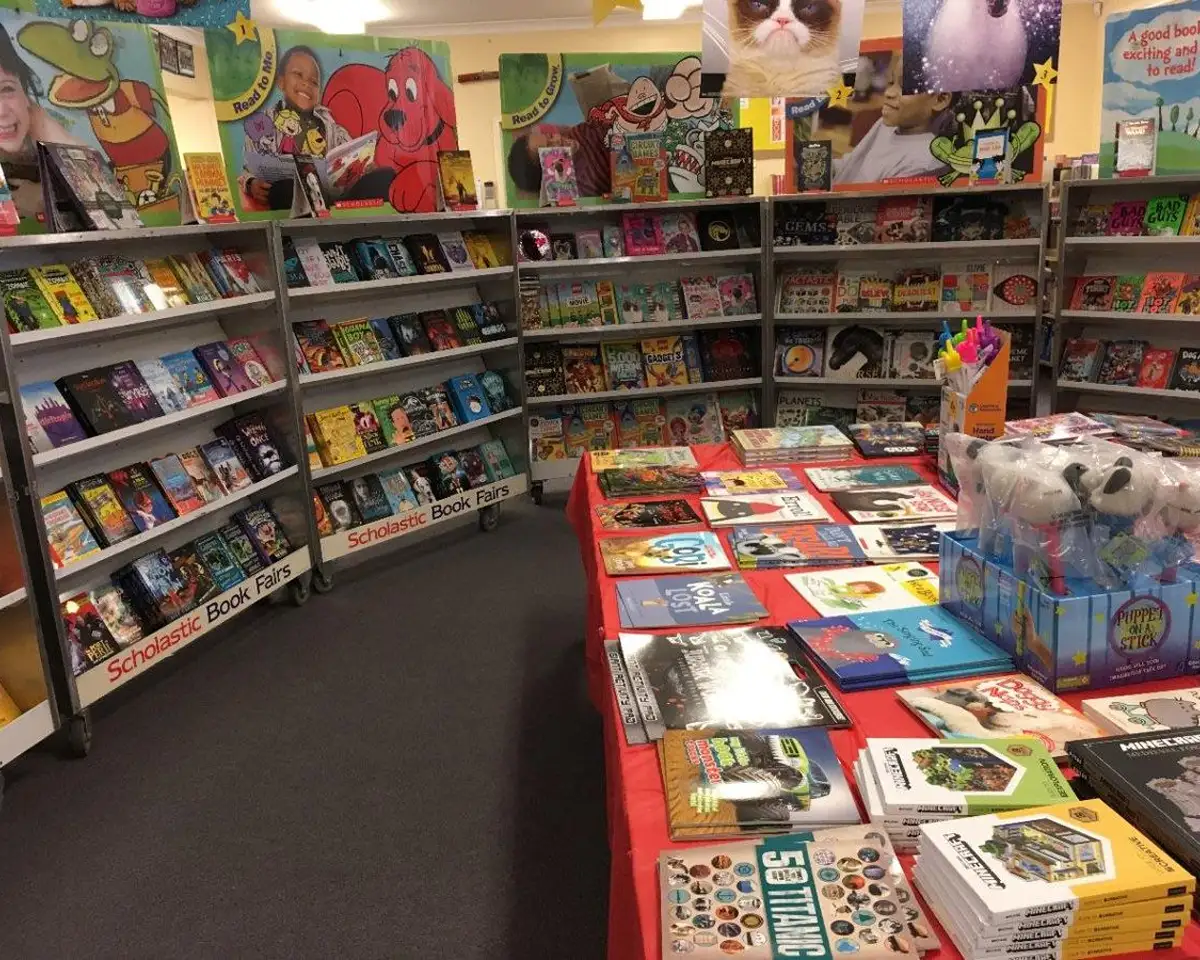
At the time, it felt devastating. I wondered why all the other parents seemed to remember when mine didn’t. (Don’t worry, Mom and Dad—I forgive you. I turned out okay!) In fact, I’m pretty sure my mom whisked me off to the library afterward and told me to pick out as many books as I wanted, which healed a lot of that sting. But even now, when I see the Scholastic Book Fair come around, I remember that feeling—and I can’t help but think about the kids for whom the issue wasn’t just forgetfulness, but affordability.
Because for some families, a few extra dollars for a book is out of reach. And for those students, not hearing their name called when the new books came in wasn’t just a disappointment—it was exclusion.
That’s the part I can’t shake.
So as a parent now, I’ve started asking: What can I do to make sure no child in my daughter’s class, or in her school, has to sit empty-handed on book fair day?
Here are a few steps I’m taking:
- Partner with teachers. I’ve let my child’s teacher know that if there’s ever a situation where a student can’t afford a book at the fair, a field trip, or any shared experience, I’d like to quietly cover that cost. Sometimes the most meaningful support is hyper-local—right in your own child’s classroom.
- Advocate for a book fund. I’ve requested that our school consider setting up a small fund to ensure every child leaves the fair with a new book in hand. A shared pool, supported by parents or the PTA, could make a huge difference.
- Support book drives and local libraries. Beyond the fair, I try to donate gently used books to classrooms, contribute to book drives, and support our local library system. Access to stories shouldn’t depend on family income—it should be a given.
And because I can’t resist a bit of nostalgia—here are some of my favorite Scholastic Book Fair treasures from over the years:
- The Babysitters Club by Ann M. Martin
- Magic Tree House by Mary Pope Osborne
- Ramona Quimby series by Beverly Cleary
- Goosebumps by R.L. Stine
- Amelia Bedelia by Peggy Parish
- Charlotte’s Web by E.B. White
- Encyclopedia Brown by Donald J. Sobol
- Sideways Stories from Wayside School by Louis Sachar
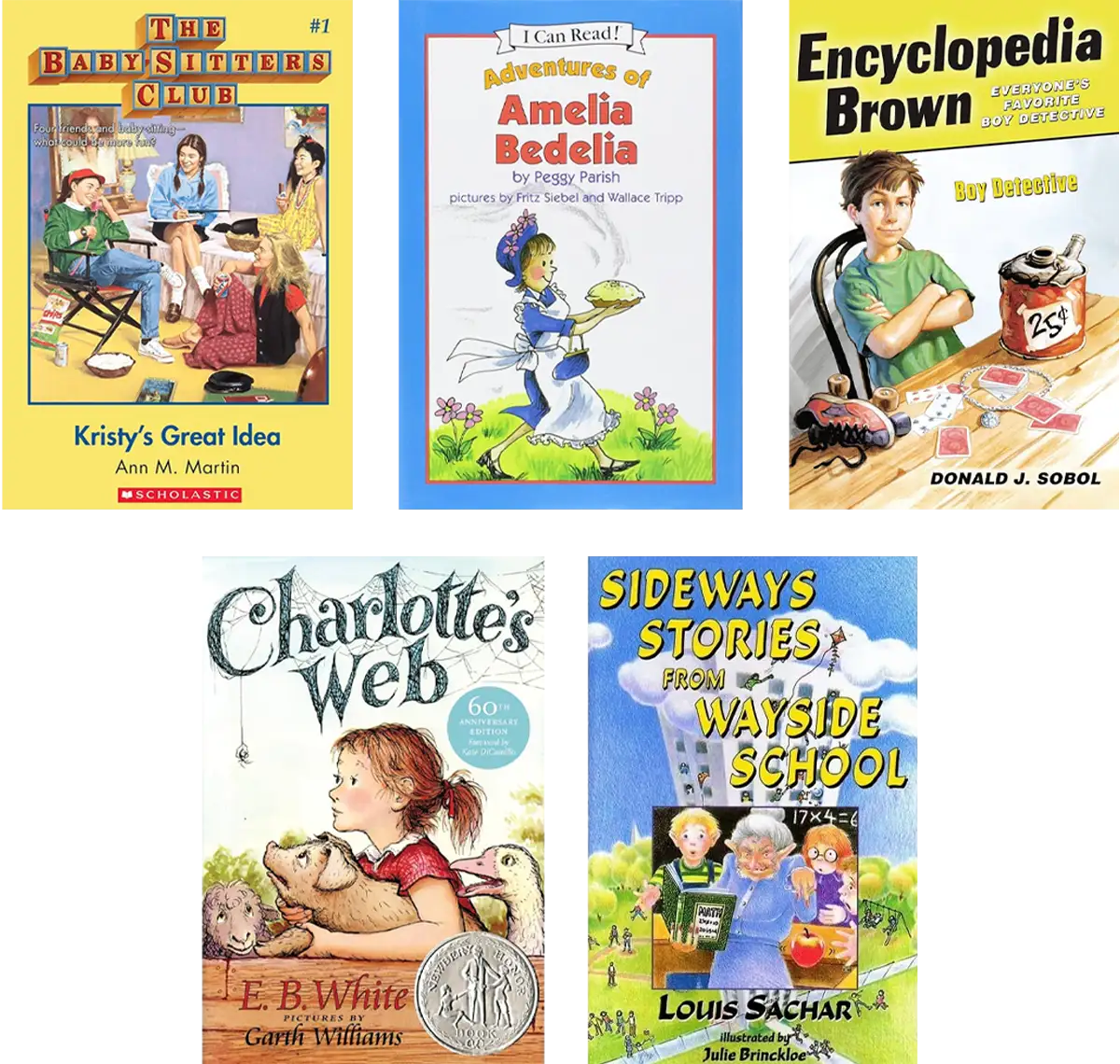
Each one felt like a little ticket into another world—and those worlds mattered.
If you’ve ever felt that same heartbreak of sitting empty-handed while everyone else clutched new books, consider turning that memory into action. Ask your child’s teacher if there are students who need quiet support, bring up the idea of a book fund with your PTA, or donate to a local book drive. Because the magic of the Scholastic Book Fair shouldn’t be reserved for only some kids—it should belong to every child who dreams of bringing a story home.
Another chapter awaits,
Jacqueline



